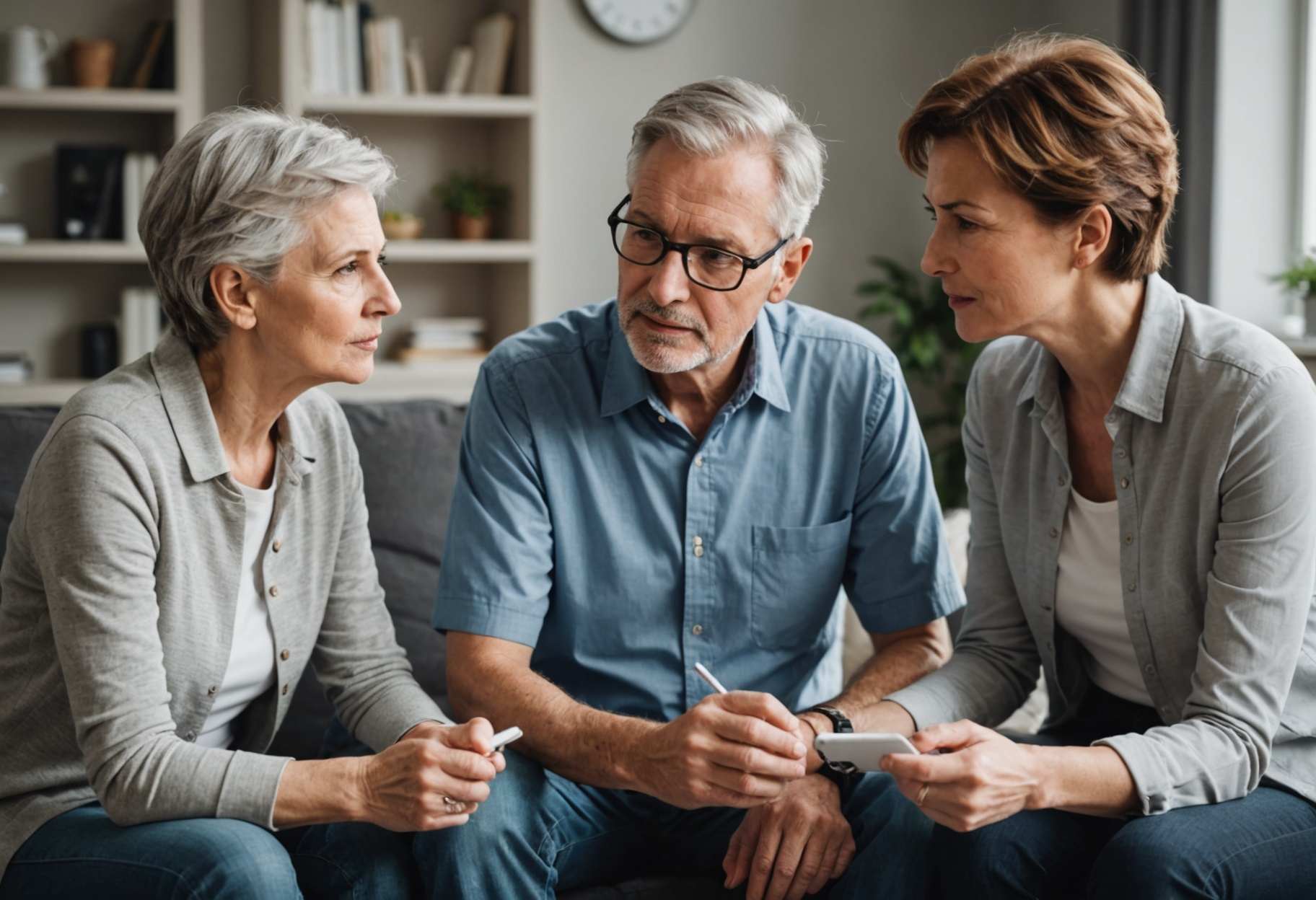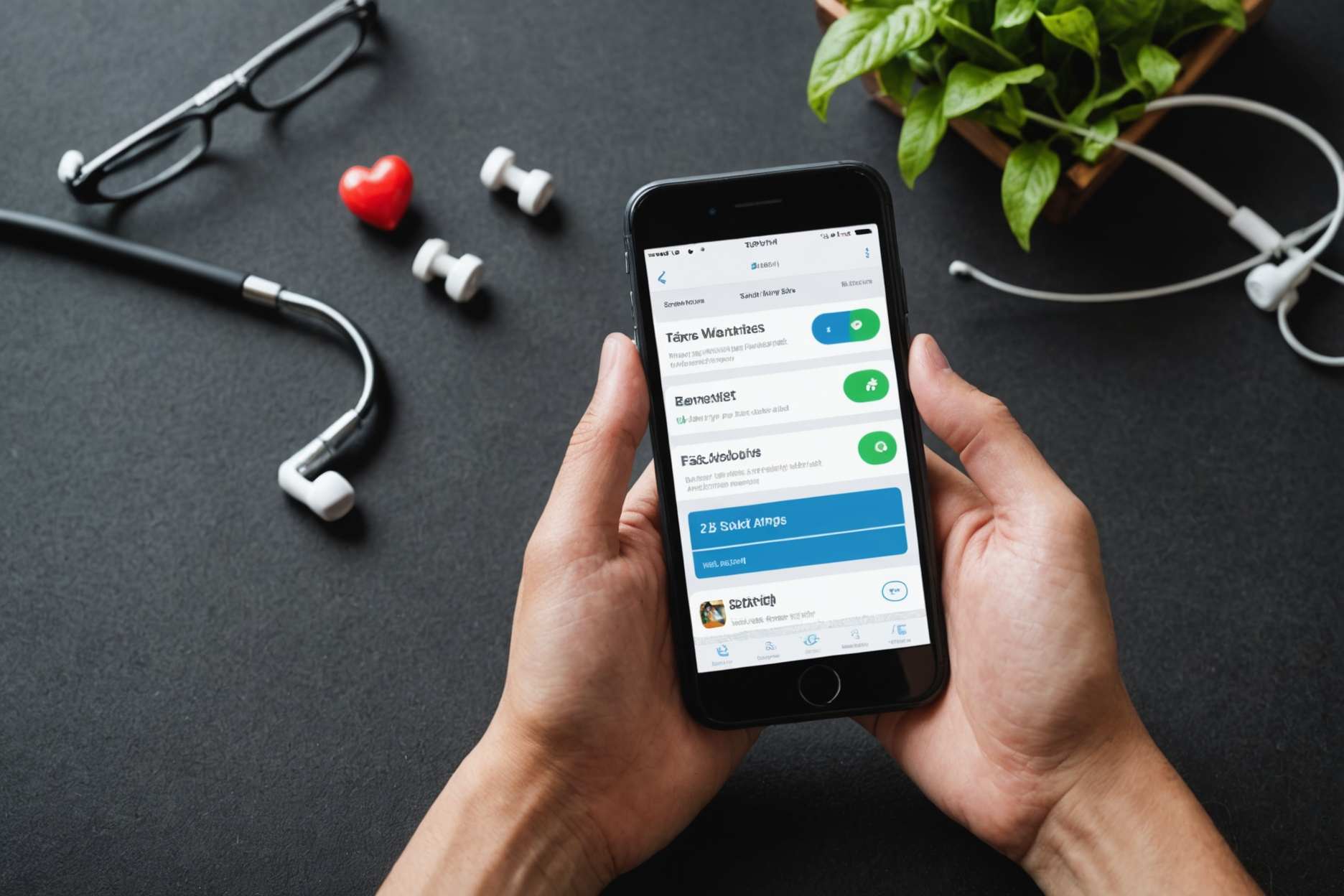- CONTACT US
- AFS
- Business
- Bussiness
- Car
- Career
- Celebrity
- Digital Products
- Education
- Entertainment
- Fashion
- Film
- Food
- Fun
- Games
- General Health
- Health
- Health Awareness
- Healthy
- Healthy Lifestyle
- History Facts
- Household Appliances
- Internet
- Investment
- Law
- Lifestyle
- Loans&Mortgages
- Luxury Life Style
- movie
- Music
- Nature
- News
- Opinion
- Pet
- Plant
- Politics
- Recommends
- Science
- Self-care
- services
- Smart Phone
- Sports
- Style
- Technology
- tire
- Travel
- US
- World

Early treatment of obstructive sleep apnea -- a condition that causes breathing to briefly pause -- may decrease the risk of Parkinson's disease, a new study published Monday finds.
For the study, published in JAMA Neurology, the team, led by Oregon Health & Science University (OHSU) and the Veterans Affairs Portland Health Care System, looked at the health records of more than 11 million veterans from the U.S. Department of Veteran's Affairs between Jan. 1999 and Dec. 2022 with an average of five years of follow up.
Although the relative risk was small, researchers found that veterans who received an obstructive sleep apnea (OSA) diagnosis within a two-year window were almost two times more likely to be diagnosed with Parkinson's up to six years later than those without sleep apnea.
However, those who started using CPAP machine within a two-year window of OSA diagnosis reduced their risk of a Parkinson's diagnosis by about 30%.
1st pill for obstructive sleep apnea could be around the corner
A CPAP, or continuous positive airway pressure, machine keeps the airways open so people can receive oxygen while they're sleeping to improve sleep quality and reduce the risk of health issues.
The risk remained even after the team controlled for other factors that may increase the risk of sleep apnea or Parkinson's disease including high body mass index, diabetes, high blood pressure, depression, anxiety and traumatic brain injuries.

"We know that people with Parkinson's have a lot of difficulties with sleep, and so it made sense that maybe sleep difficulties were happening even earlier, before the disease started," Dr. Lee Neilson, study co-author and a neurologist at the Portland VA Medical Center as well an assistant professor at OHSU, told ABC News.
"It also made sense that if you are not only not getting good sleep, but if your brain is not getting the right amount of oxygen night in and night out, that could be kind of one hit along the pathway to developing Parkinson's," he continued. "So, we weren't necessarily surprised by that, but we were pleasantly surprised that treating with a CPAP machine did make a difference."
Parkinson's is a neurodegenerative disorder characterized by the weakening of nerve cells, which become damaged and die, according to the National Institute of Neurological Disorders and Stroke (NINDS).
The most significant loss of neurons occurs in an area near the base of the brain called the substantia nigra, NINDS said. The neurons in the substantia nigra produce dopamine, which is a neurotransmitter that plays a vital role in controlling movement.
Parkinson's affects more than 1.1 million people in the U.S., according to the Parkinson's Foundation. That figure is expected to reach 1.2 million by 2030.
What to know about Parkinson's disease following Ozzy Osbourne's death
Neilson said the findings show the importance of getting screened for sleep apnea with many previous studies showing that sleep apnea can be detrimental to health.
"Just because you have sleep apnea does not doom you to getting Parkinson's disease in the future, but there is a real increased risk," he said.
Neilson said there are two big limitations of the study, one being the over-representation of white, male individuals. Examining underrepresented minorities would be important to confirm the findings, he said.
The second limitation is an inability for the team to assess patients' CPAP adherence or understand why someone would decide to wear or not to wear their CPAP, he added.
"There's a lot that goes into" the decision to wear a CPAP machine, Neilson said. "Maybe there are people who have severe PTSD and they don't want to feel claustrophobic and wear a mask. What about other surgical procedures. ... We just kind of limited ourselves to what we had the most long-term data for that definitely sets up questions for future."
Neilson added that there are many studies that show CPAP adherence is good for the first few months of use and then tails off after the first year.
"It really depends a lot on how symptomatic [patients] feel," he said. "If you're waking up feeling really refreshed, like, 'Wow, I haven't slept that great in years' they're more likely to wear their CPAP versus trying to tackle my intangible risk of a neurodegenerative disease that may or may not happen to me."
Dr. Richard Isaacson, a preventative neurologist at the Institute for Neurodegenerative Disease in Boca Raton, Florida, who was not involved in the study, said he is encouraged by the findings that CPAP machines for treatment of sleep apnea may reduce incidence of Parkinson's.
"I'm not certain that sleep apnea causes Parkinson's disease, but it may speed up progression of Parkinson's disease because, for example, [by] the effect of the amount of oxygen that reaches the brain or vascular brain health," he told ABC News.
What is sleep apnea and how do CPAP machines help after it's revealed Biden uses a mask
Isaacson added the further studies are needed to better understand whether sleep apnea itself, or co-factors like being overweight, is a potential risk for Parkinson's.
Dr. Stuart Isaacson, director of the Parkinson's Disease and Movement Disorders Center in Boca Raton, who was also not involved in the study, said the only known causes of Parkinson's are genetic and that he would resist from drawing firm conclusions because the study design cannot show true cause.
However, he told ABC News he believes the study is important "because it appears to identify that in patients who don't have Parkinson's disease, there may be an increased risk of obstructive sleep apnea and in treating this, they suggest that they be able to modify the risk of developing Parkinson's disease."
Mia G. Antinone, MD, is a family medicine resident physician at OhioHealth Riverside Methodist Hospital and a member of the ABC News Medical Unit.
LATEST POSTS
- 1
 A quick recap of 'Stranger Things' Seasons 1-4, plus key episodes to rewatch before Volume 1 of the final season drops
A quick recap of 'Stranger Things' Seasons 1-4, plus key episodes to rewatch before Volume 1 of the final season drops - 2
 Pentagon advances Golden Dome missile defense with new Space Force contracts
Pentagon advances Golden Dome missile defense with new Space Force contracts - 3
 Judge sets $60K bond for Florida congresswoman accused of stealing $5M in COVID-19 funds
Judge sets $60K bond for Florida congresswoman accused of stealing $5M in COVID-19 funds - 4
 This Huge Ocean Beast Shifts Sharks’ Evolutionary Timeline
This Huge Ocean Beast Shifts Sharks’ Evolutionary Timeline - 5
 'Zootopia 2' movie reviews: A heartwarming, hysterical and earnest 'ode to community'
'Zootopia 2' movie reviews: A heartwarming, hysterical and earnest 'ode to community'
 Building Tough Connections: Individual Bits of knowledge on Association
Building Tough Connections: Individual Bits of knowledge on Association The most effective method to Examine a Cellular breakdown in the lungs Finding with Family
The most effective method to Examine a Cellular breakdown in the lungs Finding with Family Help Your Insusceptibility: Good dieting and Way of life Tips
Help Your Insusceptibility: Good dieting and Way of life Tips Sound Maturing: Wellbeing Tips for Each Life Stage
Sound Maturing: Wellbeing Tips for Each Life Stage 5 Wellbeing Applications Assist You With remaining Fit
5 Wellbeing Applications Assist You With remaining Fit The most effective method to Pick the Best Wellbeing Highlights for Seniors in SUVs
The most effective method to Pick the Best Wellbeing Highlights for Seniors in SUVs 5 Side interests That Work on Psychological wellness
5 Side interests That Work on Psychological wellness Beating Wellbeing Difficulties: Individual Victories in Health
Beating Wellbeing Difficulties: Individual Victories in Health Figure out How to Consolidate Cutting edge innovations in Senior's SUVs
Figure out How to Consolidate Cutting edge innovations in Senior's SUVs













